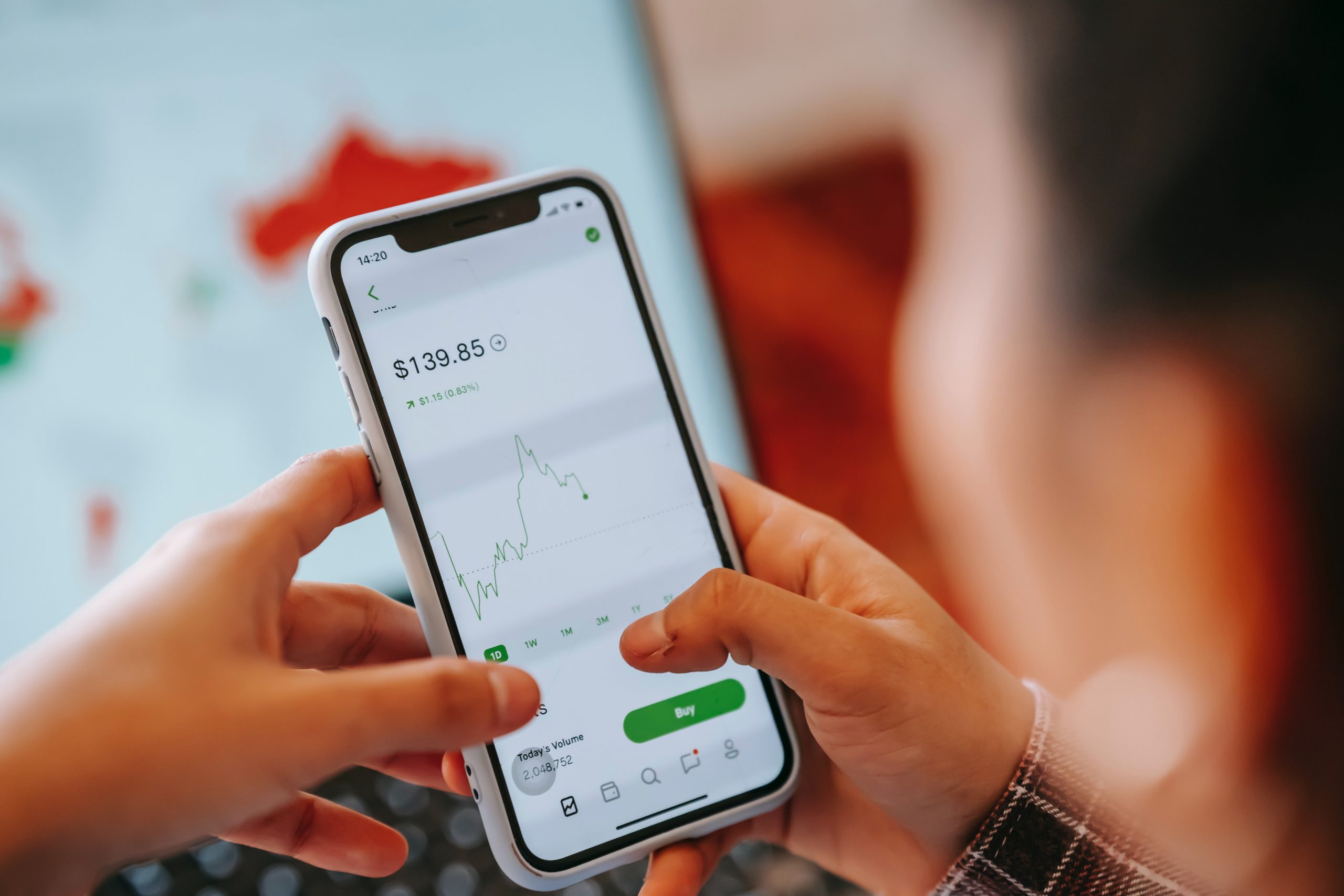Futures and Options (F&O) are both ‘derivative products’. A Future contract is the type of contract to sell or buy an underlying stock or other assets at a price that is pre-determined on a specific date. Whereas, an Options contract gives the investor an opportunity of the right but not the obligation to buy or sell the assets at a specific price and date, which is known as the expiry date.
As we all are aware, stocks that are traded directly in the market are affected by economic or market conditions. However, derivatives are instruments that do not have a value of their own.
Difference between Futures and Options
Even though both Futures and Options are known as derivatives, they still are slightly different from each other.
In a Future contract, the buyer is under the obligation to buy or sell the assets, whereas, in an Options contract, customers have no such obligation
Some basic terms you ought to know in F&O
Here are some basic terms that will enhance your understanding of F&O:
- Underlying Security: An underlying security is the primary element of the futures and options through which this derivative contract attains its value. It can also be a stock, bond, currency, interest rate, index or commodity on which F&O are based.
- Strike price: Strike price is the price which the options contract owner agrees to buy or sell the underlying asset at the time of exercising the contract.
- Premium: The premium is the current price or the fee of an option agreement paid by the option buyer to the seller. It is quoted on the Exchange. The higher the volatility of the underlying asset, the higher the premium amount.
- Expiry date: quite self-explanatory, an expiry date is a fixed date by which the options must be exercised otherwise it would be invalid or expired.
Types of Futures and Options
There are 2 types of Futures and Options contracts: Call Options, Put Options and Financial Futures, Physical Futures.
- Call Options
A Call Option gives the buyer or holder the right but not the obligation to buy a specified quantity of an asset
- Put Options
A Put Option gives the buyer or holder the right but not the obligation to sell a specified quantity of an asset.
- Financial Futures
Include stock futures, Index futures, currency futures, Interest rate futures, etc.
- Physical Futures
Energy futures, Metal futures, Commodity futures, etc.
Why should you invest in Futures and Options?
Future and Option trading though have profit potential but it also involves risk in it. This is the kind of trading which may not be for everyone. However, F&O have their own pros and cons you should be aware of. So it is always advisable to know what you are getting into.
Types of traders who invest in F&O
- Hedgers: Hedgers are those who might be impacted due to the price movement of a certain asset and so they invest in a derivative contract to hedge off the risks involved with the movement of price in the asset.
- Speculators: speculators are those who invest in securities purely to take the benefit of price fluctuations to draw profits.
- Arbitrageurs: these are people who make a profit from the difference in the prices of an asset due to market conditions.





